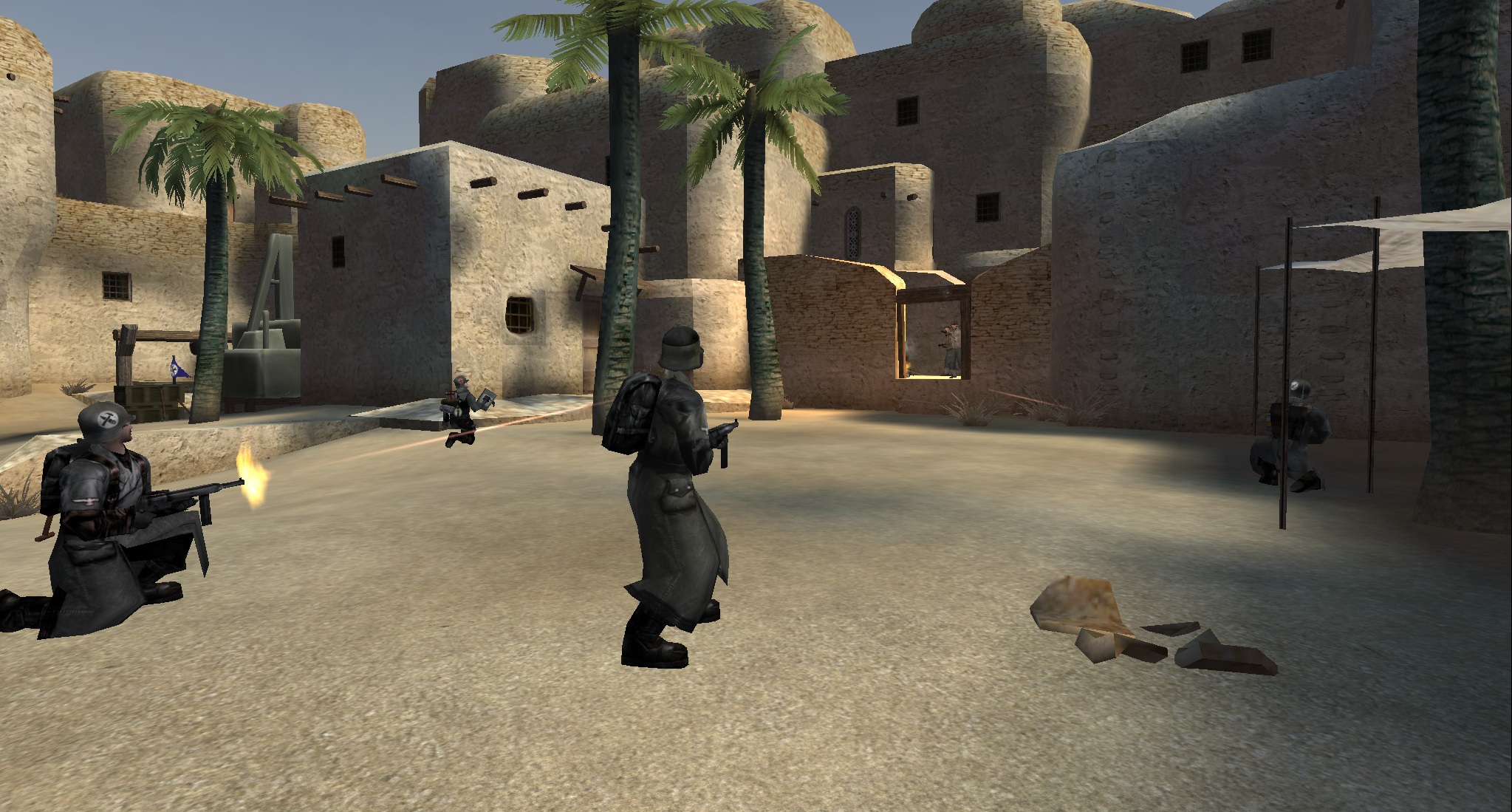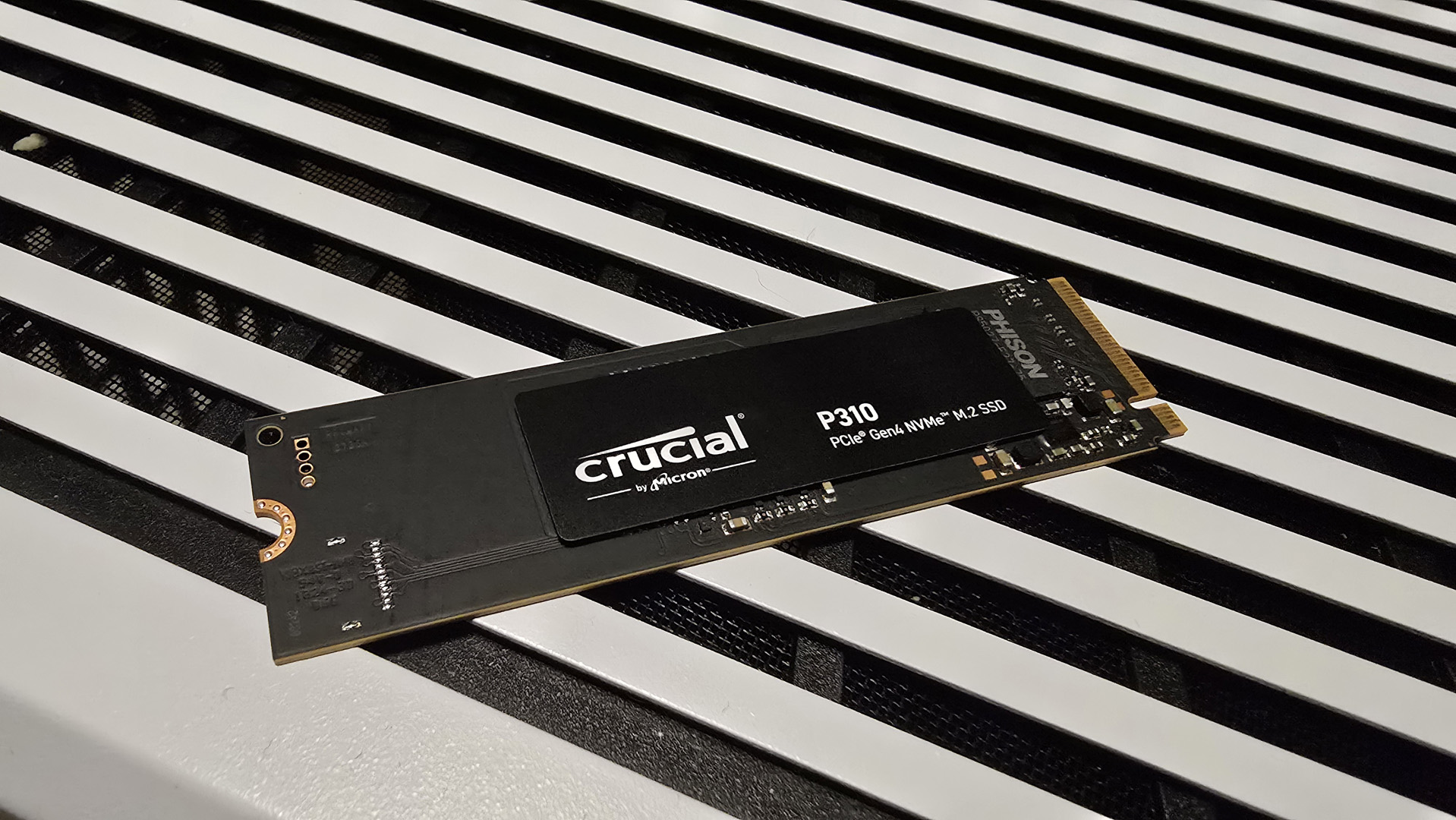Neglecting the mod scene is just 'silly', says dev whose team went from making mods to officially working on Doom, Quake and Wolfenstein: 'It's so short-sighted not to support it'
Devs and publishers can only benefit from it.

Modding is often held up as one of the best things about PC gaming. Mods keep games like Skyrim and Minecraft perpetually vital, and plenty of developers, from Bethesda to Paradox, hire modders from their respective communities to become full-time game designers.
Yet modders sometimes live in fear of having all their hard work taken down by overly protective publishers, and plenty of companies have been slow to embrace the modding scenes that have sprouted up around their games—though this is certainly less the case than it used to be.
"The industry neglect of the mod scene is just silly," former Splash Damage writer and designer Ed Stern tells us. "Modding isn’t just a vital route for bedroom devs to gain skills and experience, it’s also an ideal way for the industry to find and develop talent. It’s so short-sighted not to support it."
Splash Damage created the highly mobile FPS Brink with Bethesda, supported the development of various Gears of Wars with Microsoft and the Coalition, helped 343 Industries with Halo: The Master Chief Collection, and since 2020 has been Tencent studio, after its parent company, Leyou, was acquired by the massive company.
But the studio got its start in the Quake modding scene, creating things like Quake 3 Fortress.
"Before I joined, Paul Wedgwood created Splash Damage from the Q3F mod team," Stern recalls, "and that id Software-engined multiplayer FPS shooter DNA ran right through it."
The popularity of the team's multiplayer maps got the attention of id, allowing it to officially work on the games it had been modding.
The biggest gaming news, reviews and hardware deals
Keep up to date with the most important stories and the best deals, as picked by the PC Gamer team.
"Hell, the first three IPs we got to work with were Doom (Doom 3 multiplayer), Wolfenstein (Enemy Territory) and Quake (Enemy Territory: Quake Wars)," says Stern. "None of us had made a game before. It’s bonkers. We had no clue how lucky we were."
And these former modders were given quite a bit of freedom to put their stamp on these long-running series.
"We weren’t really thinking in terms of high-value commercial IP at that point," says Stern. "It was more just 'FFS, we get to make a real Quake game? In Bromley!?' The idea that we got to help define the canonical backstory of the Strogg and Quake still seems deeply weird. Id gave us a pretty free hand to play with one of their crown jewels, they were very generous creatively."
And the story of Splash Damage is not an outlier: the industry demonstrably benefits from fans who start building things just out of enthusiasm, and I've lost track of the number of times a developer has told me that the modders know as much, if not more, about a game than the devs themselves. Supporting them is in everyone's best interest.

Fraser is the UK online editor and has actually met The Internet in person. With over a decade of experience, he's been around the block a few times, serving as a freelancer, news editor and prolific reviewer. Strategy games have been a 30-year-long obsession, from tiny RTSs to sprawling political sims, and he never turns down the chance to rave about Total War or Crusader Kings. He's also been known to set up shop in the latest MMO and likes to wind down with an endlessly deep, systemic RPG. These days, when he's not editing, he can usually be found writing features that are 1,000 words too long or talking about his dog.
- Jeremy PeelContributor
You must confirm your public display name before commenting
Please logout and then login again, you will then be prompted to enter your display name.

